Vitamin D is one of the oil-soluble vitamins along with vitamins A, E, and K. Our natural sources vitamin D produced by UVB rays of the sun. In addition, supplies are also found in very familiar foods. Vitamin D plays a very important role in bone and tooth development, it helps to easily absorb calcium and phosphate. It also ensures our immune system is functioning effectively.


1. Benefits of vitamin D
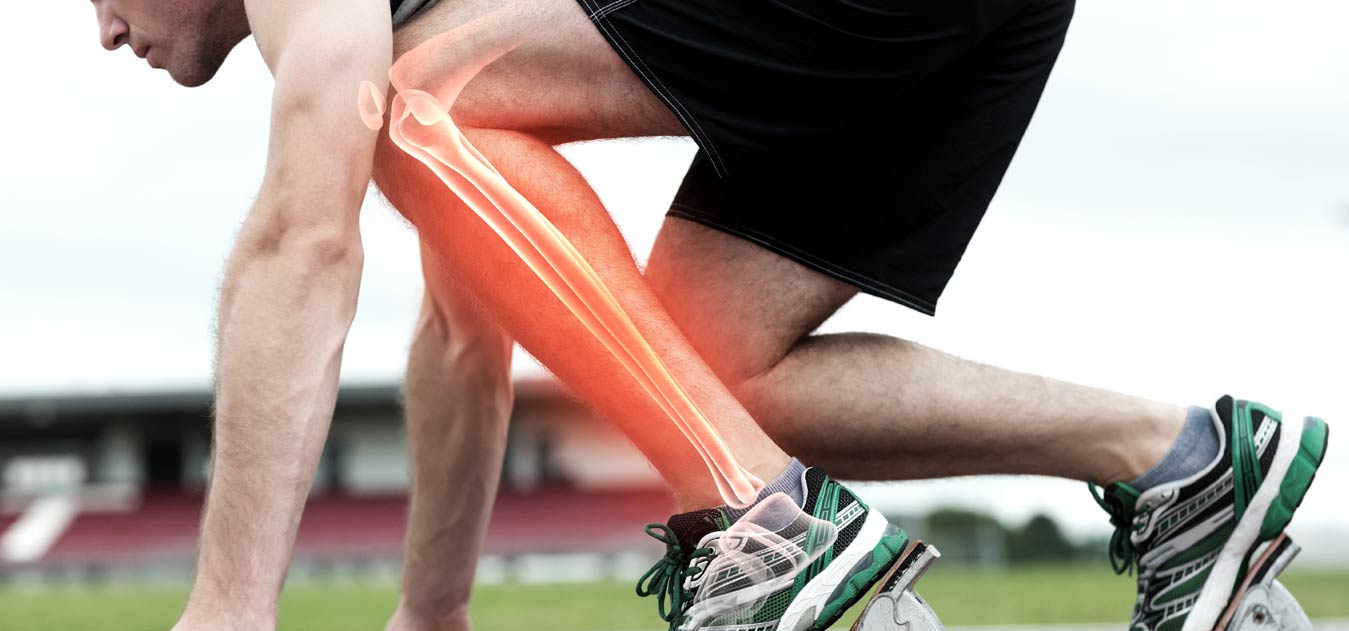

- Good for bones: In the duodenum and small intestine, vitamin D synthesizes transport proteins, helping calcium to move actively through the intestinal membrane. Without vitamin D, the body cannot absorb calcium and phosphorus in food, leading to a decrease in the amount of calcium and phosphorus in the blood, bones prone to become porous and brittle, children can lead to rickets, the oldest is a minor Premenopausal and postmenopausal women are more likely to develop osteoporosis and fractures during exercise. The fact that you get lots of calcium from foods won’t make sense if you don’t have vitamin D.
- Vitamin D can help prevent colds, colds, and other respiratory infections. You may not know, when it comes to stopping flu viruses and colds, studies confirm: vitamin D has surpassed vitamin C. Indeed, one study found that subjects who were deficient in vitamin D were likely Upper respiratory infections 36% higher than those with higher levels. That rate skyrocketed for people with asthma. Another study found that children who took vitamin D supplements were less than half the number of cases of influenza virus infection than children who did not take vitamin D.
2. When the body lacks vitamin D
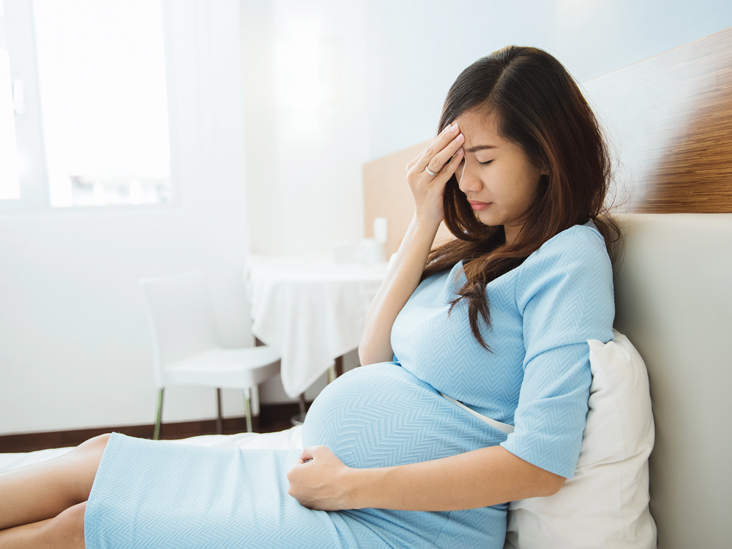

There are many causes for vitamin D deficiency, which may be due to food but mostly not enough sun exposure. The following is People who are prone to vitamin D deficiency :
- Babies and children rarely go out in the sun.
- People who live in cities with more tall buildings will have less sun exposure.
- Using sunscreen or other protective equipment also prevents the skin from being exposed to the sun.
- People with dark skin often have high levels of pigment (melanin). It is these pigments that prevent the effect of the sun.
- Older people eat less and have less exposure to the sun.
- People with gastrointestinal disease cause poor absorption of vitamin D from food.
- Women who are pregnant, especially in the last 3 months of pregnancy, are when the fetus is forming the body skeleton need vitamin D supplements.
Manifestations when the body is deficient in vitamin D :
- The body feels tired or not feeling well. You often suffer from respiratory illnesses such as colds and flu.
- Painful sensations in the bone or muscle or you may experience muscle weakness. And you quickly feel tired when climbing stairs or walking far.
- Being prone to fractures when suffering from minor injuries is also a sign of vitamin D deficiency.
3. What natural sources vitamin D ?


✅ Vitamin D is present in two forms: Vitamin D2 (ergocalciferol), vitamin D3 (cholecalciferol) are provided by food, and endogenous vitamin D3 by skin cells synthesized from ultraviolet rays of sunlight. Sunlight is natural sources of vitamin D. Did you know that 50 – 70% of your daily requirement for vitamin D is synthesized from UVB rays in the sun? Of course, this synthesis depends on the season or the pigmentation of the skin and age too (at age 20 synthesized 3 times the age of 80). You should expose your skin to the sunlight as soon as possible, the golden period is 6-7 am and 6-7 pm in the summer. Winter can be from 7.am to 8.am and 4.pm-6.pm in the afternoon. Food is also a good source of vitamin D such as fish liver, cow’s milk, egg yolks, meat … After eating, food into the body, vitamin D will be absorbed in the small intestine, then into the bloodstream, and stored in the liver, muscle, and adipose tissue.
✅ Some people may need to get vitamin D from supplements such as people who have digestive problems, poor absorption, or women in the last 3 months of pregnancy … or ordinary people can not provide enough vitamin D from food and sunlight. The amount of daily vitamin intake depends on the age and condition of each person. People with osteoporosis or those who have already identified vitamin D deficiency need more supplements.
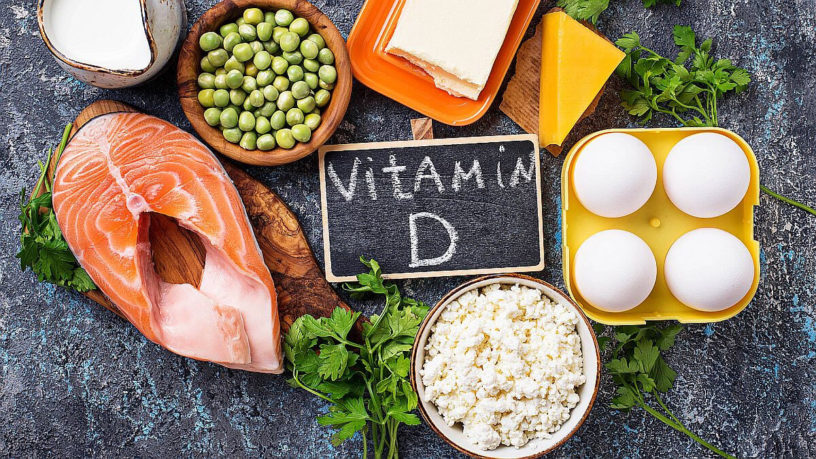

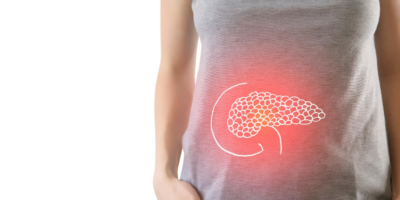
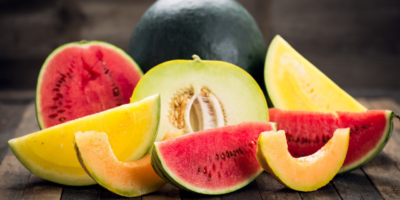


Leave a Reply